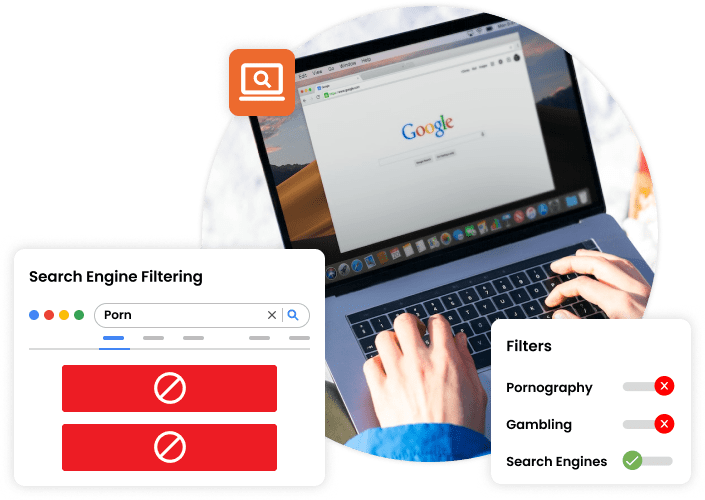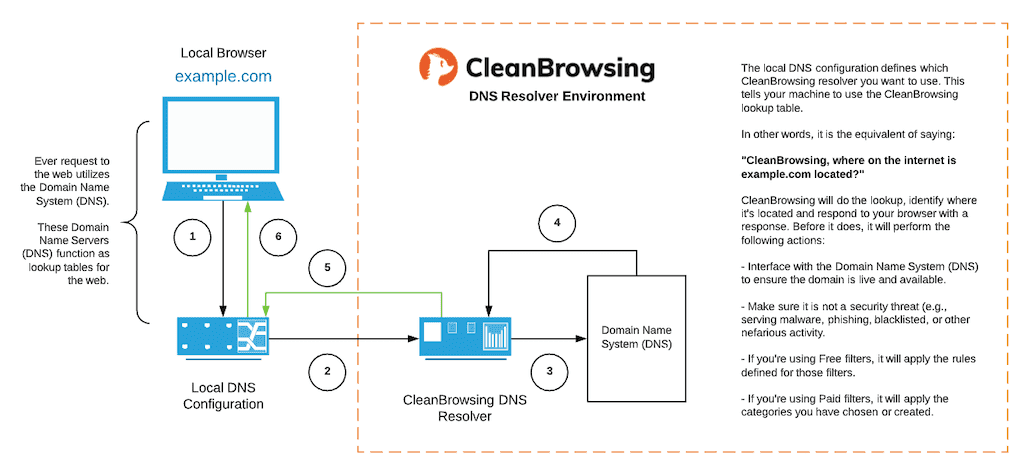A Web Filtering Guide

Ensure a safer online environment with CleanBrowsing's web filtering technology. Protect users from harmful content, increase productivity, and safeguard your network with customizable filtering solutions designed for schools, businesses, and families.
Learn About our Pricing
